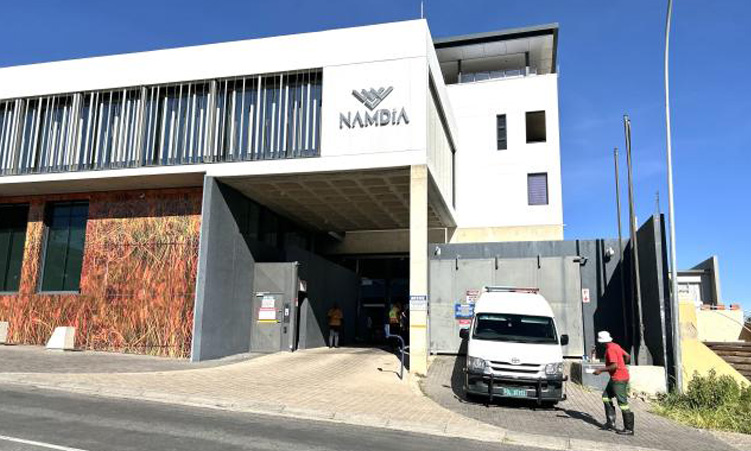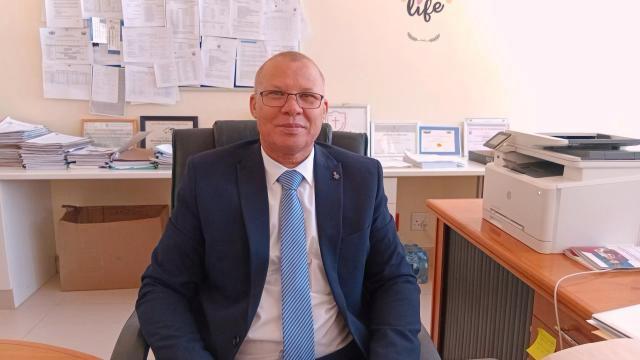AFTER four years of preparation and training, Government will soon start decentralising some functions from 10 ministerial headquarters to the 13 regions.
Speaking at a workshop yesterday, the Director for Decentralisation in the Local and Regional Government Ministry, Regina Ndopu-Lubinda, said all 13 regional councils had now fulfilled the 17 basic criteria to accommodate decentralised functions and 10 Ministries would transfer staff from Windhoek soon to take up their work in the regions. The Ministry of Works and Transport will be among the first and it will transfer 1 089 civil servants responsible for maintenance services from its headquarters to all 13 regions from April 1. The Public Service Commission has approved the transfer of the 1 089 civil servants and the necessary treasury approval was obtained from the Finance Ministry.’Each Ministry draws up its own decentralisation plan and co-ordinates with our Ministry,’ said Ndopu-Lubinda.’The plans are sent to the Office of the Prime Minister for submission to Cabinet. Once approval is obtained, the functions to be decentralised are gazetted and then the officials are transferred, but there are constraints like a lack of office space and housing in the regions,’ she added.Finland has supported the decentralisation preparations over the past four years and this will end in April. The Decentralisation Policy was approved and adopted by the National Assembly in 1997.The Decentralisation Enabling Act of the year 2000 provides for functions to be decentralised after consultations between the Regional and Local Government Ministry and Cabinet.
Stay informed with The Namibian – your source for credible journalism. Get in-depth reporting and opinions for
only N$85 a month. Invest in journalism, invest in democracy –
Subscribe Now!









